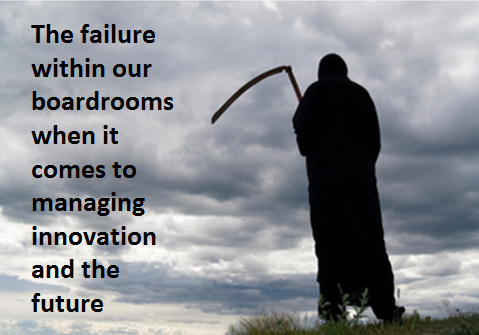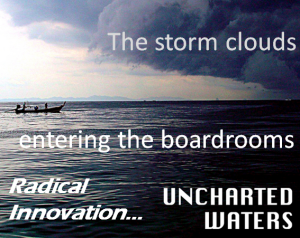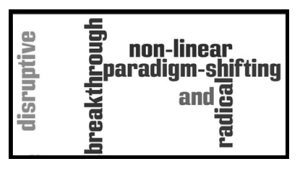 Erosion is everywhere, it just seems inevitable, we somehow get caught up in the process of time and our organizations seem to ‘freeze’ before our eyes, then simply age.
Erosion is everywhere, it just seems inevitable, we somehow get caught up in the process of time and our organizations seem to ‘freeze’ before our eyes, then simply age.
They become fixed, rigid and locked into their established ways, not adapting to the changes occurring around them. We often give up and leave, moving on to better places and challenges.
We seemingly are reluctant to undergo any transformation, experimentation or adjustment in our organizations until it becomes a matter of survival, then its often far too late.
Then it becomes a mad scramble to transform ourselves, often with damaging consequences of deteriorating performance, battling more competition that are sensing our weakness, never capable of returning to those previous highs.
We simply hate adapting or adjusting, certainly on a constant basis, we resist any form of ‘greater’ transformation – why?
If we can’t adapt to changing times, we simply struggle to survive, that is the growing reality operating in today’s environment. Simply put companies ‘die’ due to their inability to adapt to change and transformation projects fail because the message somehow fails to register and never gets completed to the original objectives.
According to a survey by McKinsey in 2011, 72% of our transformation programs fail to deliver on their original targets. Also one out of every two of our top organizations in the Fortune 500 will be gone, history, dust, taken over in ten years, according to the OECD.
Unless we create a strategy to transform, how can we re-imagine our innovation processes?
Continue reading “Our inabilities to adapt needs changing.”
 I have always found April a difficult month. It seems to be the defining month for transition between winter and summer. It can fool us on the first day (April fools day) and its weather for us in Europe does exactly the same, usually all month long, confusing us.
I have always found April a difficult month. It seems to be the defining month for transition between winter and summer. It can fool us on the first day (April fools day) and its weather for us in Europe does exactly the same, usually all month long, confusing us.







